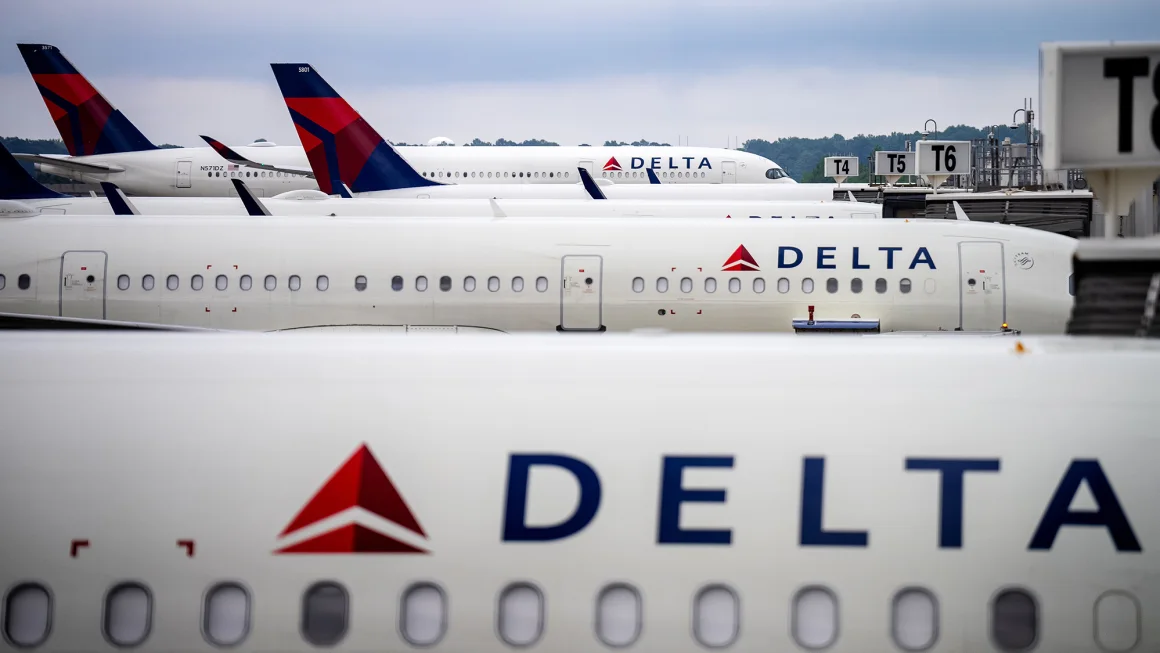DeepSeek Marks a Turning Point for Silicon Valley’s AI Race
Silicon Valley, USA – The artificial intelligence landscape is undergoing a seismic shift as DeepSeek, a Chinese startup, challenges the dominance of American tech giants with its cost-effective and efficient AI model. The revelation has prompted Silicon Valley to reconsider its strategy, proving that cutting-edge AI development may no longer be solely dependent on massive financial and infrastructural investments.
A Wake-Up Call for Silicon Valley
DeepSeek’s open-source AI model, R1, has demonstrated capabilities on par with those of industry leaders like OpenAI and Google—despite being developed at a fraction of the cost. Built with older-generation Nvidia chips and requiring significantly less power, R1 disrupts the long-held assumption that AI advancement is tied to billion-dollar expenditures, advanced semiconductors, and massive data centers.
“The paradigm is shifting,” said Zack Kass, an AI consultant and former OpenAI executive. “It’s difficult to monopolize scientific breakthroughs, and now the competition is about efficiency rather than sheer power.”
Silicon Valley Responds
The response from American AI firms has been swift. OpenAI CEO Sam Altman acknowledged DeepSeek’s achievements, calling the model “impressive” and announcing plans to expedite the release of OpenAI’s next-generation models. Kevin Weil, OpenAI’s Chief Product Officer, affirmed the company’s commitment to staying ahead in this increasingly competitive global market.
However, the emergence of DeepSeek has also raised concerns about intellectual property. Microsoft, a major investor in OpenAI, is reportedly investigating whether DeepSeek leveraged stolen data to train its model. Despite this, industry analysts agree that DeepSeek’s efficiency-first approach will force Silicon Valley to rethink its AI infrastructure spending.
Rethinking AI Investments
The launch of R1 comes at a time when major tech firms are making colossal investments in AI infrastructure. Just last week, OpenAI, Oracle, and SoftBank announced a $500 million initiative to strengthen AI infrastructure in the U.S., while Meta’s Mark Zuckerberg suggested the company’s AI investments could soar to $65 billion in 2025.
Gil Luria, head of technology research at D.A. Davidson, believes DeepSeek’s model could trigger a rethink of these high-cost projects. “That crazy AI data center build-out? They don’t need to do that anymore. They can provide more services at a lower cost,” he noted.
A Push for Open-Source AI
The success of DeepSeek has also reignited the debate on open-source AI. Some industry leaders, including former Google CEO Eric Schmidt, argue that the U.S. must embrace open-source models to remain globally competitive. Meta, which has championed open-source AI with its Llama models, echoed this sentiment, highlighting how publicly available AI models accelerate industry-wide progress.
Despite initial concerns, AI experts believe DeepSeek’s breakthrough should be viewed as a milestone in technological democratization. “We thought we had global AI supremacy, but we should be celebrating,” Kass said. “This is another sign that AI is evolving in a way that will benefit more people globally.”
As the AI landscape evolves, tech giants are faced with a critical decision: adapt to this efficiency-driven era or risk falling behind in a rapidly changing industry.














